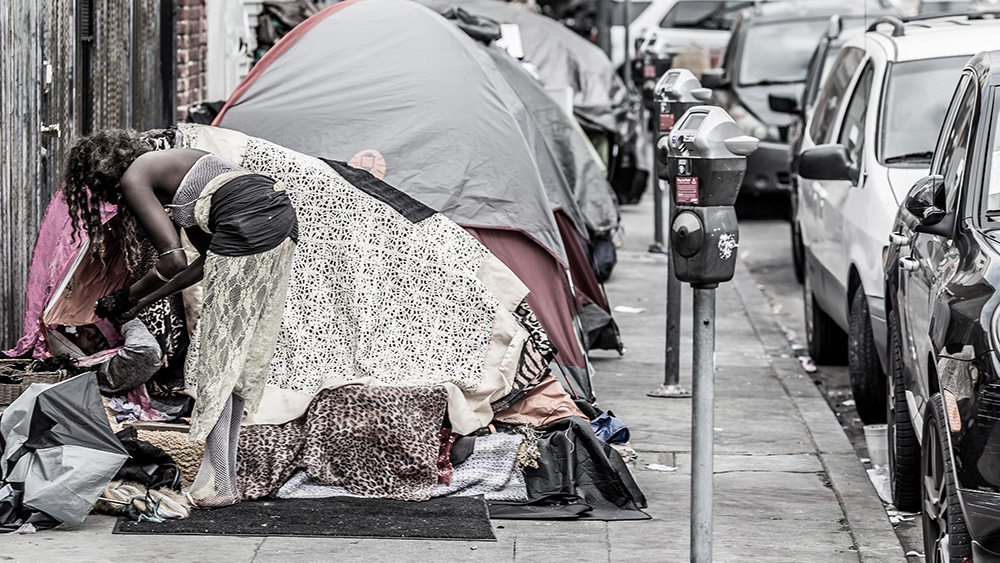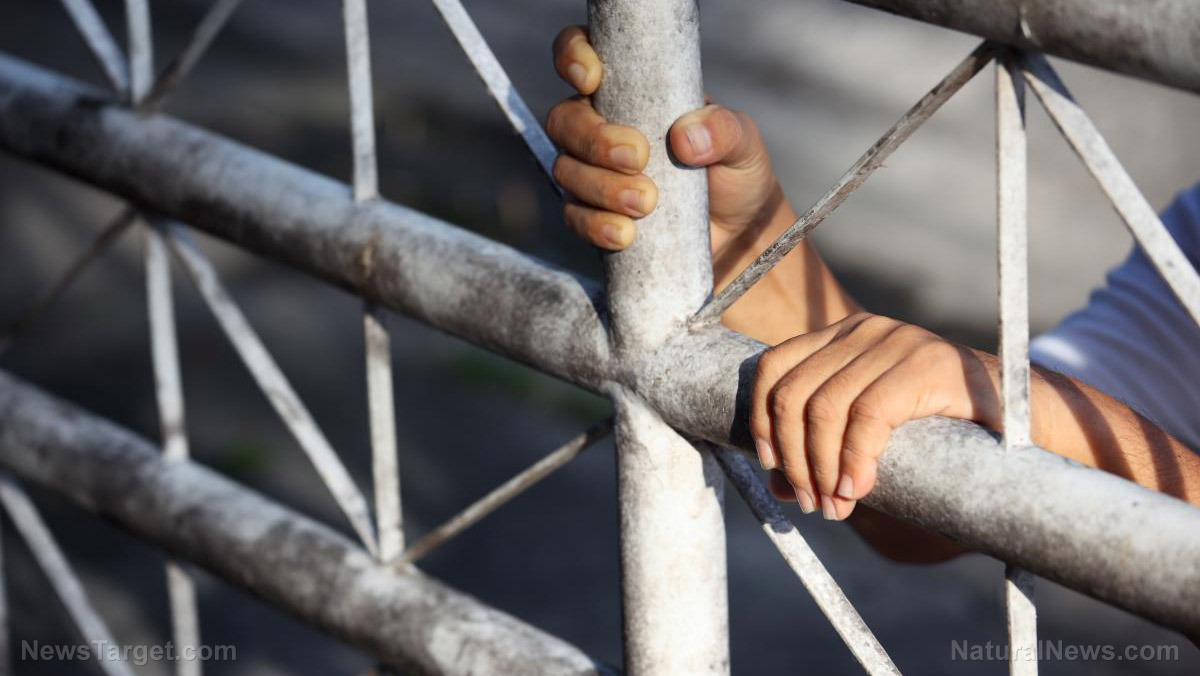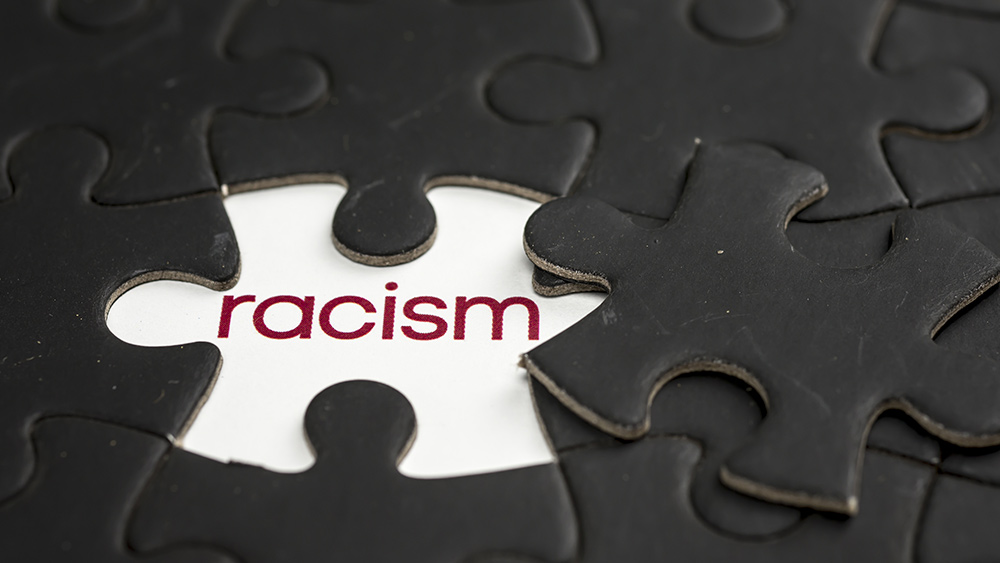
The preliminary injunction has been stayed for 10 days, giving both companies time to appeal the decision. Uber has already stated that it plans to file an immediate emergency appeal to block the ruling from going into effect.
Uber, Lyft drivers misclassified under new California law
In May, California Attorney General Xavier Becerra, along with city attorneys of Los Angeles, San Francisco and San Diego, filed a lawsuit against both companies. The suit argued that their drivers were misclassified as independent contractors when they should be classified as employees under California's new A.B.5 law that went into effect on January 1st.
This was followed by a motion for a preliminary injunction, also filed by Becerra, meant to compel the ride-hailing companies to classify drivers as employees immediately.
“While this fight still has a long way to go, we’re pushing ahead to make sure the people of California get the workplace protections they deserve,” Becerra said in a statement.
Signed into law in September of 2019, the A.B.5 law enshrines the so-called “ABC test” to determine if someone is a contractor or an employee.
“It’s this simple. Defendants’ drivers do not perform work that is ‘outside the usual course’ of their business,” wrote California Superior Court Judge Ethan Schulman in his ruling. “Defendants’ insistence that their businesses are ‘multi-sided platforms’ rather than transportation companies is flatly inconsistent with the statutory provisions that govern their businesses as transportation network companies, which are defined as companies that ‘engage in the transportation of persons by motor vehicle for compensation.’”
“It also flies in the face of economic reality and common sense … To state the obvious, drivers are central, not tangential, to Uber and Lyft’s entire ride-hailing business,” he added.
City Attorneys' across the state applauded the ruling. San Diego City Attorney Mara Elliot called Judge Shulman's decision “a milestone in protecting workers and their families from exploitation,” while San Francisco City Attorney Dennis Herrera said that “Uber and Lyft’s long history of flouting the law is over.”
In addition, A.B.5's author California Assembly Member Lorena Gonzalez also hailed the ruling.
In response to the suit, both companies defended themselves, stating that their drivers prefer to be contractors.
”The vast majority of drivers want to work independently,” said an Uber spokesperson in an emailed statement to Bloomberg. “When over 3 million Californians are without a job, our elected leaders should be focused on creating work, not trying to shut down an entire industry during an economic depression.”
“Drivers do not want to be employees, full stop,” a Lyft spokesperson said. “We’ll immediately appeal this ruling and continue to fight for their independence. Ultimately, we believe this issue will be decided by California voters and that they will side with drivers.”
The companies' arguments appear to be based on those of truckers, who were also affected by A.B.5. Many truckers throughout the state wanted to remain independent contractors, a sentiment that eventually earned them a reprieve from the law in January.
However, Uber and Lyft drivers may not share the same sentiment towards the law as truckers.
“Today’s ruling affirms what California drivers have long known to be true,” said Mike Robinson, a Lyft driver and member of the Mobile Workers Alliance, a group of Southern California drivers. “Workers like me have rights and Uber and Lyft must respect those rights.”
Ridesharing companies to fight California's A.B.5 law
The ridesharing company's years-long fight against changing their labor and business model has included a fight against A.B.5, which says that workers can only be considered contractors if their duties are outside the usual course of a company's business. (Related: "Unicorn" tech company UBER fires 3,500 people on 3-minute phone call, horrifying millennials.)
“Uber and Lyft often imply that employee status is incompatible with driver flexibility – but California law does not preclude flexible employment,” said Charlotte Garden, a law professor at Seattle University who has been following the saga. “What the companies are really saying is that they might make a business decision to change drivers’ working conditions in response to A.B. 5.”
A.B.5 represents a significant shift in not just Uber and Lyft's business model, but that of other “gig economy” companies in the state. Participants in the gig economy include not only other digital logistics companies such as GrubHub and DoorDash, but also those in other industries heavily reliant on freelancers, such as the music industry.
The most likely outcome would be a major shift in how they do business – one that these companies say will raise prices. Based on its own analysis, Uber claims that reclassifying its drivers as employees would raise its prices by 30 to as much as 120 percent depending on the region.
Already, some industries reliant on the gig economy have gotten protection from A.B.5, most notably the music industry. Now Uber and Lyft are working on getting their own exemptions, putting a combined $110 million behind California Proposition 22, a ballot measure that, should Californians vote for it, would exempt them from A.B.5.
Sources include:
Please contact us for more information.























